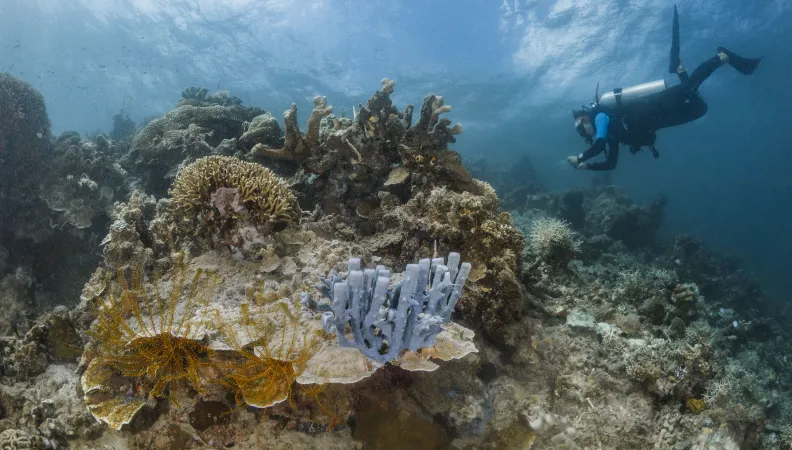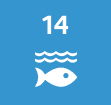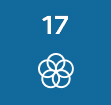Share the page
Integrating scientific output on coastal and marine areas into decision-making (Nomadéïs)
Project


-
Project start date
-
Status
In progress
-
Estimated date of project termination
-
-
Project financing date
-
-
Financing duration
-
3 years
-
Type of program
-
FFEM
-
Global financing amount
-
3,200,000 €
-
FFEM financing amount
-
950 €
-
Country and region
-
Tanzania, Comoros, Kenya, Madagascar, Seychelles, Mauritius, Mozambique
-
Type of financing
-
Grant
-
Partners
-
UNDP, UNEP, IDRC, Fondation de France, INTERREG La Réunion, IRD, MES
-
Beneficiaries
-
IRD
-
Type of beneficiary
-
Public local authority


Although scientific understanding around marine environments continues to grow, these findings are still often overlooked by decision-makers and civil society. That is why the FFEM is supporting the IRD programme Dialogue science-Décideurs [DiDEM - Dialogue between science and decision-makers for an integrated management of marine and coastal environments].
Context
Uptake of scientific findings by politicians, the economic world and civil society remains poor. Sponsored by the IRD, the DiDEM programme seeks to improve the relationship between science and society, particularly in small island developing states (SIDS).
The project is being rolled out across seven countries in the Western Indian Ocean that have ratified the Nairobi Convention. This covers natural sites rich in tropical marine biodiversity and strives to highlight to decision-makers the outputs from research programmes addressing the management of coastal and marine environments coordinated by the IRD.
By mobilising a section of the scientific community within a shared multi-disciplinary approach which also directly includes civil society, DiDEM is helping enhance professional and scientific capability across the region while in turn protecting local ecosystems.
Description
The project has three components:
- Deploye innovative tools and methodologies to assist Western Indian Ocean decision-makers. The interventions brought together under this activity component will be deployed at local and regional scale.
- Train experts able to advise local decision-makers. All the activities within this component will include a cross-cutting activity to ensure knowledge is shared across generations.
- Involve civil society by educating young people and providing support to multi-actor initiatives. The objective of this component is to energise the dialogue between scientists and decision-makers by involving civil society, in particular young people and the private sector.
Outcomes
- Assessment of overlaps or tensions between the areas’ existing uses.
- Tackling predictions of the areas’ future head-on, by mapping out prospective regional scenarios and finding consensual approaches.
- Disseminating marine science knowledge through a training programme aimed at decision-makers.
- Improving the knowledge of regional managers and decision-makers on the areas’ diagnostic methodologies and the phenomena observed.
- Raising awareness among Comoros school groups on preserving the coral reefs in their area.
Innovative and exemplary features
The DiDEM project links together research networks in an innovative manner, and supports the sharing of their results and knowledge with decision-makers and civil society. It disseminates innovative tools emerging from this research, such as maps showing the tensions between different uses or the prospective regional methodology. In addition, the project aims to create specialised schools for players in the South, with the goal of professionalising managers, encouraging student employment and helping to expand decision-maker capacity. The method deployed could inspire other innovative programmes which favour multi-disciplinary action to resolve complex environmental challenges.
Sustainable Development Goals
ODD14 Life below water

ODD17 Partnerships for the goals



